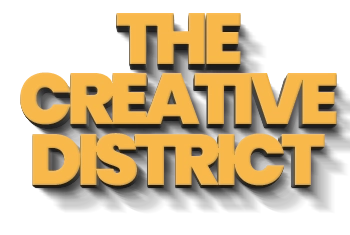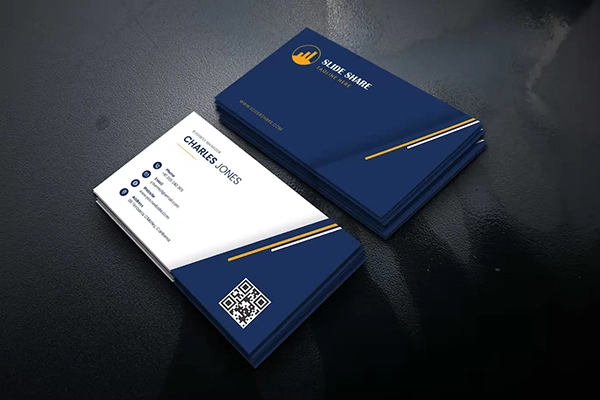AI Content – Google and Search Rankings
Updated August 21st 2025
Everybody is pushing AI, but does Google actually penalise AI content? The answer is still both yes and no. Google’s official guidance is that content is judged by quality, not by how it’s created—meaning AI in itself isn’t a penalty trigger. However, real-world results continue to show that most AI-generated content struggles to rank. That’s not necessarily Google “penalising” AI, but rather the fact that low-value, unoriginal, or mass-produced content doesn’t meet their standards.
In 2024 and again in early 2025, Google expanded its spam policies to cover “scaled AI content abuse,” making it clear that thin, purely machine-written pages are treated as spam.
Meanwhile, nearly every major website platform has doubled down on selling AI writing tools. WordPress builders, SEO plugins, and SaaS platforms now include “Generate with AI” buttons—Elementor, Rank Math, Wix, and even SurferSEO all push AI-generated text as a premium upsell. The problem is that just because the tools promote it doesn’t mean it’s good for your SEO. In fact, blindly publishing AI content often does more harm than good. These features are designed to make money for the platforms, not necessarily to protect your website’s long-term visibility.
Fact‑check this with ChatGPTWriting Safe AI Content: A Guide to Avoid Spam and Ensure Accuracy
A common mistake is relying on AI to mass-produce articles just to boost volume. This tactic risks being flagged as spam, echoing the pitfalls of keyword stuffing that Google penalised during its 2011 Panda update. With AI’s rapid content generation, site owners may flood their websites with posts—inviting similar repercussions.
AI essentially remixes existing web data—similar to advanced article spinners—without adding original insights unless a human shapes the final output. This is where Google’s E-E-A-T (Experience, Expertise, Authoritativeness, and Trustworthiness) framework becomes critical. While not a direct ranking factor, E-E-A-T guides Google’s quality raters and influences algorithm updates, prioritising content that is engaging, informative, and genuinely useful.
Enhance AI with Human Expertise
The safest way to use AI is as a supporting tool, not the final author. Always review and refine AI drafts with a discerning eye. Add your own insights, experiences, and context to boost both accuracy and relevance.
AI tools like ChatGPT or Google Gemini are powerful, but they can also produce “hallucinations”—convincing yet false information—or biased outputs. By weaving in your expertise, you ensure your content remains reliable, valuable, and distinct from the flood of generic AI text online.
Future-Proof Your SEO Strategy
Adopting ethical SEO practices now is the best way to safeguard your site’s future. As AI technology evolves rapidly, shortcuts that seem like quick wins today could lead to penalties tomorrow—much like keyword stuffing caused traffic collapses after Google’s early algorithm updates.
Focus on creating valuable, audience-centric content instead of chasing volume. Start reviewing your AI-assisted outputs today, align them with E-E-A-T principles, and build lasting trust with your readers.
In a web increasingly saturated with machine-generated text, it’s your human insight that will set your site apart—and keep you ranking.
A note of caution
While Google’s updated spam policies suggest that AI-written content is safe if it’s high-quality, not all evidence agrees. Marketers such as Neil Patel have published data showing that human-written content often outperforms AI in search rankings. His findings, however, risk being drowned out by a flood of corporate-backed voices—many of which are financially motivated to promote AI-generated content as the future of SEO.
If companies like SEMrush, HubSpot, or Jasper aggressively push studies or whitepapers showing favorable AI performance across LinkedIn and Reddit—both highly visible, public platforms—they become prime candidates to be picked up and repeated by AI systems such as ChatGPT and Google Gemini.
The safest course of action is to follow Google’s guidance. Whether your content is written by you, assisted by AI, or a mix of both, ensure it reflects E-E-A-T (Experience, Expertise, Authoritativeness, and Trustworthiness). Quality will always outweigh quantity—so avoid churning out articles just for the sake of publishing more.
Study Source Neil Patel UberSuggest
Neil Patel human content outranks AI 94% of the time on X
Sources Used



